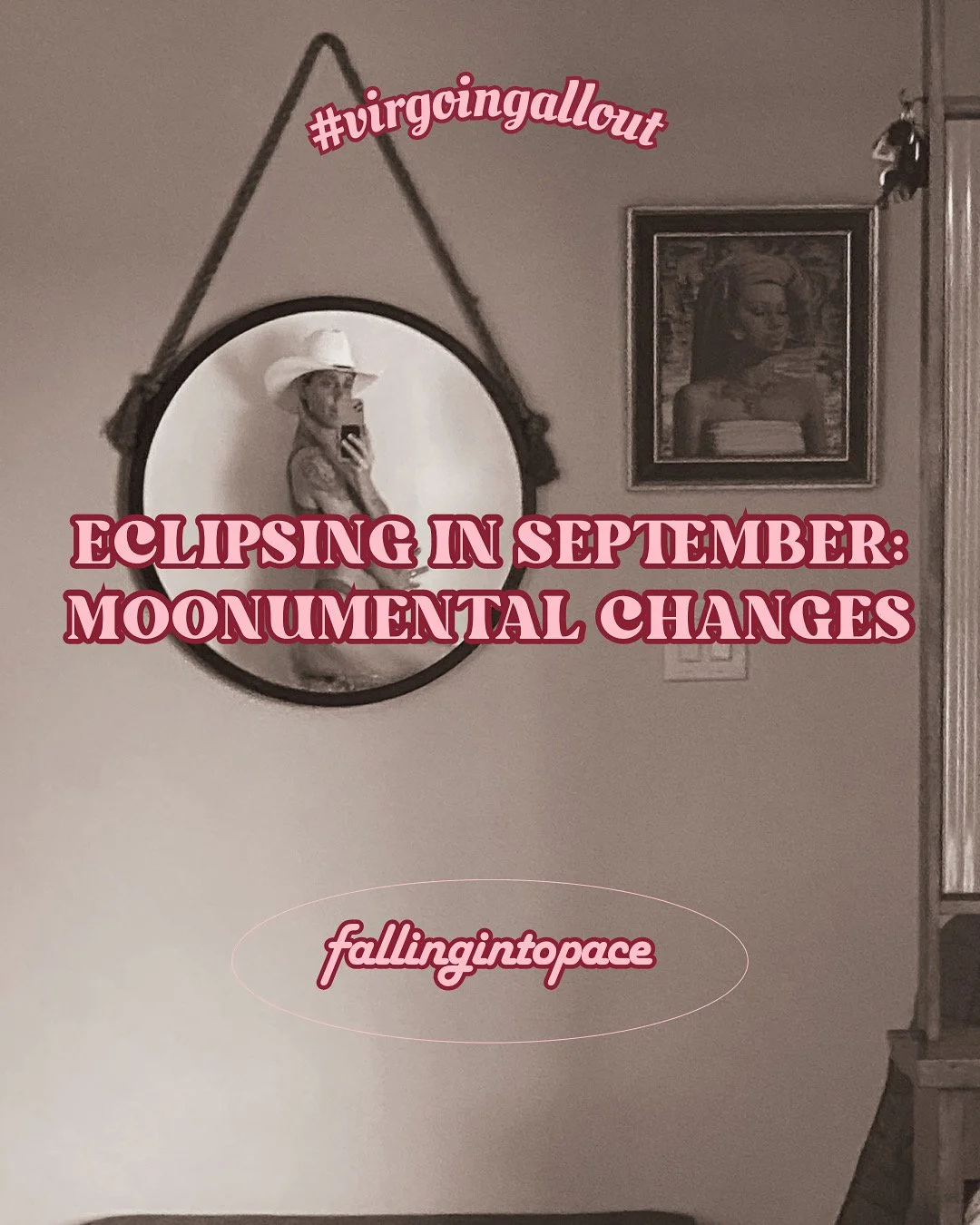The Paradox of Faith: Unwrapping the Complexities of Organized Religion
Organized religion has been a cornerstone of human society for centuries, providing a sense of community, moral guidance, and spiritual connection for millions of people around the world. However, it has also been a source of conflict, oppression, and division.
The Shadow of Separation
One of the most damaging aspects of organized religion is the idea that humans are separate from the divine or a higher power. This notion creates a sense of disconnection, fostering dependence on external authorities and limiting human potential. By perpetuating this separation, individuals are discouraged from trusting their own inner guidance and instead rely on intermediaries to interpret their connection to the divine.
Disconnection from the Human Organism
Furthermore, this separation extends beyond the spiritual realm, influencing our understanding of human biology and our relationship with our own bodies. When we view ourselves as separate from our cells, our source, and our own creation, we create a need for external sources to feed, heal, and charge us. This severe separation from our own cells and human organism undermines our innate ability to self-heal and self-charge, leading to a reliance on external authorities, institutions, and systems. By recognizing and reclaiming our inherent connection to our own bodies and the natural world, we can begin to heal this separation and tap into our full human potential.
Unpacking the Historical Context
To understand the complexities of organized religion, it's essential to examine its historical context. From the Crusades to colonialism, organized religion has been used as a tool of control, manipulation, and oppression. The narrative surrounding organized religion is far from simplistic, and its impact on human history has been profound.
The Importance of Empowerment
So, what can we learn from this complex and often paradoxical institution? Perhaps the most important takeaway is the need for empowerment. By recognizing our inherent connection to the divine and promoting ideologies that foster self-awareness and personal growth, we can unlock our full potential and live more authentic, compassionate lives.
Beyond Dogma: Embracing a More Inclusive Spirituality
As we move forward, it's essential to recognize that spirituality and faith can exist beyond the confines of organized religion. By embracing a more inclusive and personal approach to spirituality, we can create a more just, compassionate, and equitable world.
The Erasure of History and Cultural Appropriation
It's also important to acknowledge the ways in which organized religion has erased and appropriated cultural traditions and histories. For example, the early Christian church co-opted many of the existing pagan rituals and traditions, such as the winter solstice celebration, and rebranded them as Christian holidays. The Pope even decided that Jesus' birthday would be on December 25, coinciding with the existing Roman festival of Saturnalia. This cultural appropriation and erasure of history are part of a larger theme in our society, where the dominant culture takes and adapts elements from marginalized cultures without giving credit or compensation.
Conclusion
As we continue to navigate the intricacies of faith and spirituality, it's essential to approach these topics with nuance and an open mind. By acknowledging the complexities of organized religion and promoting empowerment, self-awareness, and personal growth, we can work towards creating a brighter, more loving future for all.
#OrganizedReligion #Spirituality #Empowerment #SelfAwareness #PersonalGrowth #Compassion #SocialJustice #InclusiveSpirituality #BeyondDogma #HumanPotential #SelfHealing #CulturalAppropriation #ErasureOfHistory































